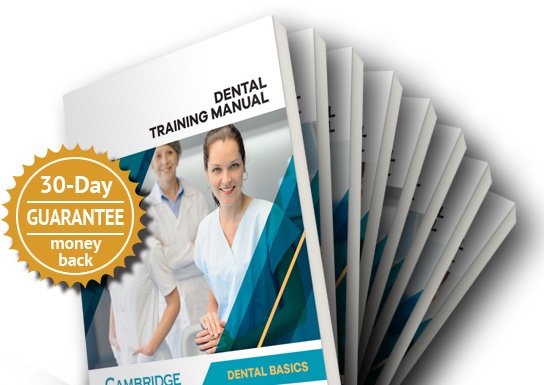Dental Consultant Tip: Talking To Patients
Do you ever ask your patients, "Any questions?" If you do so often enough, you'll lose a lot of income. Let me explain.
Dentists often tell patients they need to do this, this, and this, in a rapid-fire style, throwing in terms patients probably don't understand (like leaky margins), and then ask, "Any questions?" More often than not the patient says no, and then goes merrily to the financial arranger and asks what procedure their dental insurance will cover. Often whatever procedure is covered is all they commit to -- and sometimes not even that.
Many dentists never really get the patient to realize what needs to be done and why. And most dentists never spot that patients don't realize what needs to be done, because they ask the patient a yes or no question such as "Any questions?" or "Do you understand?"
As an example, when my organization consults with a client, we'll give them a fast and detailed dissertation on computer hardware. I do this until I can see their eyes have glazed over, and then I ask them how they feel. They almost always say that they wanted me to stop talking five minutes ago. That's the way patients feel when you throw terms like "leaky margins" at them.
What to ask your patients
Here's what to do instead: Give them drawings or sketches to show what is wrong with the tooth, and show them the stages of deterioration that will happen if nothing is done, along with the costs associated with fixing each stage of deterioration.
Then you can ask questions such as the following:
- What do you think will happen if you don't do anything about it?
- Which of those three treatments do you want to do?
- You know you were walking around with an infection 24/7. How do you think that might affect your immune system?
- Which way are you going on this chart if you don't do something to stop this process?
Asking questions that require more than a perfunctory yes or no gets the patient talking. In my 20 years of experience, this is exactly what you want. In general terms, the following is true:
- The more the dentist talks, the lower the case acceptance.
- The more the patient talks, the higher the case acceptance.


